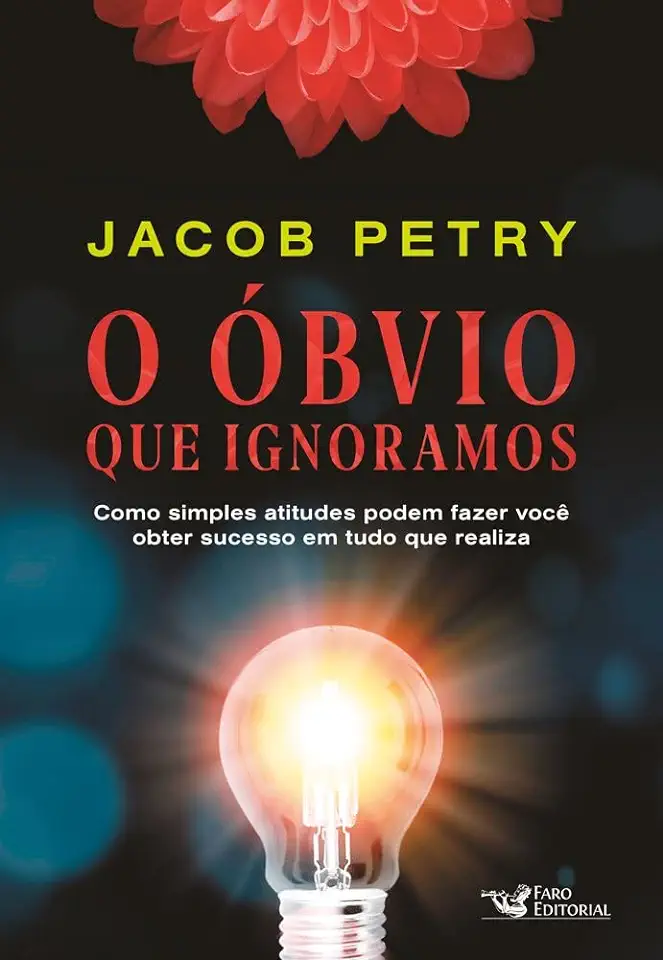
The Obvious That We Ignore - Jacob Pétry
The Obvious That We Ignore: How Our Brain Tricks Us and What We Can Do About It
Introduction
In his book, "The Obvious That We Ignore: How Our Brain Tricks Us and What We Can Do About It," Jacob Pétry takes readers on a fascinating journey into the workings of the human brain and the ways in which it can deceive us. Through a combination of scientific research, real-life examples, and engaging storytelling, Pétry reveals the hidden biases, mental shortcuts, and cognitive illusions that shape our perceptions and decision-making.
Uncovering the Hidden Biases
Pétry begins by exploring the concept of cognitive biases, which are systematic errors in our thinking that can lead us to make irrational decisions. He discusses various types of biases, such as confirmation bias, where we tend to seek out information that confirms our existing beliefs, and the anchoring bias, where we are influenced by the first piece of information we receive. By understanding these biases, we can become more aware of their influence and take steps to mitigate their effects.
The Power of Mental Shortcuts
The book delves into the concept of mental shortcuts, or heuristics, which are cognitive strategies that help us make quick decisions without having to process all the available information. While these shortcuts can be useful, they can also lead to errors. Pétry explains how heuristics can influence our judgments in areas such as risk assessment, decision-making, and social interactions. By recognizing the limitations of these mental shortcuts, we can make more informed choices.
The Illusion of Certainty
Pétry also explores the illusion of certainty, which is the tendency to believe that we know more than we actually do. He discusses how our brains construct narratives to make sense of the world around us, even when the evidence is incomplete or ambiguous. This illusion can lead to overconfidence and poor decision-making. By acknowledging our limitations and seeking out diverse perspectives, we can reduce the impact of this illusion.
Overcoming Our Cognitive Limitations
The final section of the book provides practical strategies for overcoming our cognitive limitations and making better decisions. Pétry emphasizes the importance of critical thinking, seeking out diverse information, and being open to new ideas. He also discusses the role of mindfulness and self-awareness in helping us to recognize and correct our cognitive biases.
Conclusion
"The Obvious That We Ignore" is a thought-provoking and insightful book that offers a deeper understanding of how our brains work and the ways in which they can deceive us. By shedding light on our cognitive biases, mental shortcuts, and the illusion of certainty, Pétry empowers readers to make more informed decisions and navigate the world with greater awareness and critical thinking. This book is a must-read for anyone interested in psychology, self-improvement, and making the most of their mental abilities.
Enjoyed the summary? Discover all the details and take your reading to the next level — [click here to view the book on Amazon!]